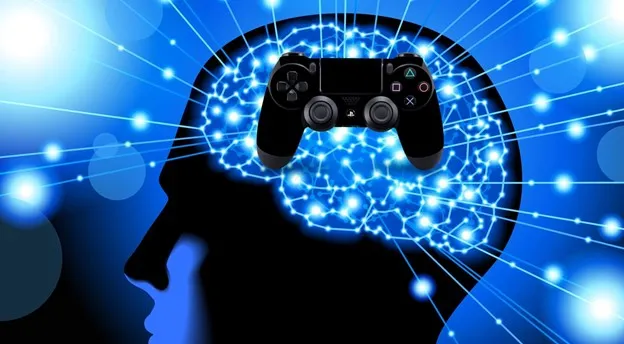Psychology Of A Video Gamer
The psychology of a video gamer is a complex and multi-faceted topic that has attracted significant attention from researchers and psychologists in recent years. While video games have become increasingly popular, so has the interest in understanding why people play them and what psychological factors influence their behavior. In this blog post, we will explore the various psychological aspects of video gaming, including motivation, addiction, aggression, and social interaction, and provide evidence from studies to support these claims.
Motivation:
One of the most important psychological factors in video gaming is motivation. People play video games for many different reasons, including relaxation, challenge, escape, socialization, and the desire to improve their skills. In a study conducted by the International Journal of Cyber Behavior, Psychology and Learning, it was found that the most common reasons for playing video games were to have fun, to pass time, and to challenge oneself. Some people play video games to relieve stress, while others play to compete with others or to experience the thrill of victory. Some people play video games to escape from reality, while others play to explore new virtual worlds.
Addiction:
Another important psychological aspect of video gaming is addiction. While video gaming can be a fun and enjoyable activity, some people become addicted to playing and find it difficult to stop. This type of addiction is similar to other types of behavioral addictions, such as gambling or internet addiction. In a study conducted by the Journal of Affective Disorders, it was found that video game addiction was positively associated with depression, anxiety, and stress. Video game addiction can lead to negative consequences, such as neglecting responsibilities, withdrawing from social relationships, and experiencing physical or emotional health problems.
Aggression:
There has been much debate and research on the relationship between video gaming and aggression. Some studies have found a correlation between playing violent video games and aggressive behavior, while others have found no significant link. A meta-analysis conducted by the American Psychological Association found that playing violent video games was associated with increased aggressive behavior, aggressive cognition, and aggressive affect. However, it is important to note that while playing violent video games may increase aggressive thoughts and feelings, it does not necessarily lead to violent behavior.
Social interaction:
Video gaming can also have a significant impact on social interaction. Some people use video games as a way to connect with others and form social relationships. Multiplayer games, in particular, can bring people together from all over the world and allow them to collaborate and compete with each other. A study conducted by the Journal of Adolescence found that playing multiplayer video games was associated with increased social competence and improved social skills. On the other hand, some people may become isolated and withdraw from real-life relationships due to their obsession with video games.
In conclusion, the psychology of a video gamer is a complex and multi-faceted topic that requires further research and exploration. From motivation to addiction, aggression to social interaction, there are many psychological factors that influence a person’s behavior when playing video games. It is important for individuals to be aware of these factors and to make sure that their video gaming habits do not negatively impact their lives. By understanding the psychology of video gaming, we can better understand why people play and how we can use video games in a positive and constructive manner.










